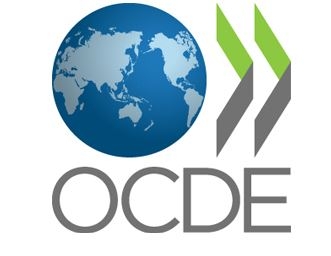This chapter studies the role played by labour market outcomes and education and income policies on the level and distribution of household per capita income in Brazil between 1992 and 2009. It shows a pronounced reduction of overall income inequality since 2001 due to improvement of labor, followed by the social programs. The attractive feature of targeted programmes such as Bolsa Familia is that in terms of GDP it costs much less than social security payments. On the other hand, years of schooling trends suggests that a downward trend of income inequality observed during this decade will continue. The 2008-2009 international economic crisis has hit all earnings based indicators but they went back to the pre-crisis levels by September 2009. Overall the chapter shows that the improvements in the levels of educational attainment coupled with an increase in official targeted monetary transfers in a stable macroeconomic environment explain the main recent achievements of Brazilian society towards increasing formal employment generation and reducing income inequality. If during the past decade the poor were given to the market, what is needed now is to shift the policy agenda towards giving the market to the poor. This new agenda offers many detours but the main new routes pointed here to pursue a sustainable inclusive growth path rest on improving Brazilian labour policies and the quality of educational services.
01/12/2010





